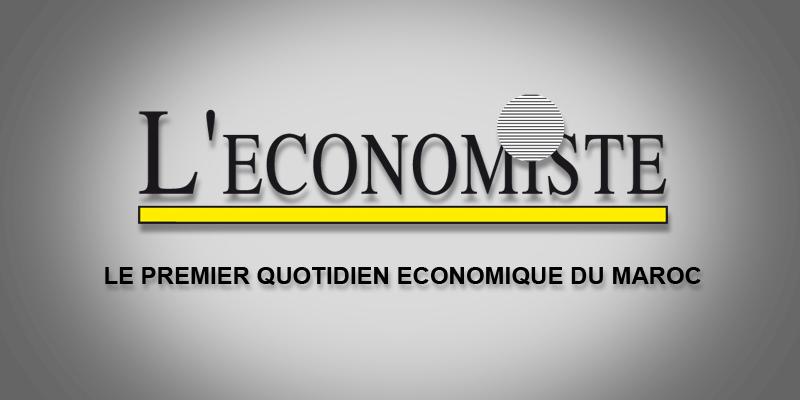
OF all the local taxes, it is the business tax that gives rise to the most complaints from economic operators. It is pegged to the local value of the company rather than its turnover. This reality has as a corollary the payment of local tax even in the absence or in the event of a drop in turnover. Many companies experienced this at the height of the health crisis in 2020, when they were ordered by the authorities to close their doors for more or less long periods. This did not exempt them from paying the full rate of business tax. “The business tax would be called the tax on economic activities. It would be due by any natural or legal person of Moroccan or foreign nationality exercising a professional activity in Morocco”, underlines Mohamed Kabbaj, chartered accountant. Is there an ideal mix between taxation based on rental value and turnover? “The best balance would be a calculation based on turnover with coefficients that would take into account each line of business. This would require carrying out simulations to refine the proposals selected for the reform project”, adds the chartered accountant. The appreciation of the taxation on the basis of the value added can, in fact, be considered as subjective because it depends on the discretion of the administration. “The discretion of the administration will disappear as soon as the taxes are calculated on reliable bases determined by the taxpayer (turnover)”. For example, the tax on drinking establishments, the tax on mineral and table water, the tax on public passenger transport, and the tax on the extraction of quarry products, should henceforth be calculated on the basis of turnover . And, even better, when the tax administration adjusts a taxpayer on turnover, local taxes would be adjusted accordingly, suggests the Club marocain de la fiscalité. On another note, companies wishing to benefit from business tax relief because they are unemployed can apply for it, except that this formality must be completed by 31 January of the year at the latest, and can only be activated in the event of unemployment for an entire fiscal year. “ The establishment of a tax on economic activities would put an end to these unemployment claims which are often a source of litigation”, concludes Mohamed Kabbaj.
Hassan EL ARIF


























